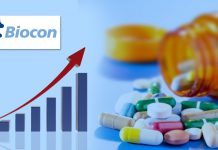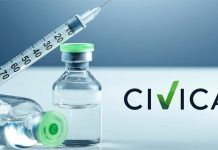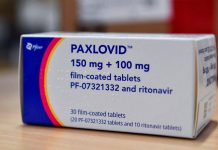In the United States, 9 out of 10 prescriptions filled are for generic drugs, according to the Food and Drug Administration (FDA). They are 80% to 85% cheaper than their brand-name counterparts are. And the increasing availability of generic drugs helps make treatment more affordable, saving the U.S. healthcare system billions of dollars.
The FDA’s Office of Generic Drugs within the Center for Drug Evaluation in Research ensures Americans get high-quality, affordable generic drugs by following a rigorous review process that includes quality control.
However, Dr. Kevin Schulman of Stanford University says generic drugs are cheaper in the U.S., but quality control could be an issue.
In an interview with Marshall Terry, Co-Host, WFAE’s Morning Edition, Dr. Shulman said, “[Generic drugs] are the same chemical entity. What we’re learning is that over time, the question we have is the quality of the drugs. How are they manufactured? Are they manufactured to the same standards as the original brand-name drug?”
Answering these questions, Dr. Schulman said, “Unfortunately, we’re finding that oftentimes they’re failing. There are large classes of drugs — generic drugs — that have been recalled over the last couple of years because they contain carcinogens that were not appropriate for medications.”
Terry asked Dr. Shulman about most generic drugs that are coming from nations like China and India.
Enlightening about this, the Stanford University professor said, “By about 2005, 2007, about 50% of all the generic drugs in the U.S. were made offshore. And I think now … the majority of them are made offshore.”
“There are different pieces to the drug. The chemicals that go into the drug, almost all of them are made offshore. And then whoever packages the drug and takes those what’s called active pharmaceutical ingredients and make it into a pill or tablet or capsule — that also is generally offshore,” he added.
Dr. Shulman continued, “Yes, generic medications are the lowest cost they’ve ever been. Sometimes, really important medicines are pennies. But it’s purely a price market. There’s no assessment of quality.”
He explained that the FDA directly audits generic drug manufacturing plants, but it has to ask governments for permission to audit plants in China and India.
“In the U.S., we have secret inspections,” he said. “The FDA just shows up at your door and wants to inspect the plant. In India and China, it has to ask permission and notice the manufacturers that it’s coming in.”
Dr. Shulman said the FDA “has no idea what’s going on at any individual manufacturing plant. I mean, it’s not dissimilar to what we’ve seen in other industries that have outsourced. The idea of FDA policing all potential sources of molecules for the U.S. market is really, really hard to imagine.”
To know more about what Dr. Shulman has to say about quality control of generic drugs, visit WFAE, a major source of news and information for the Charlotte region. It also offers a broad range of award-winning national, international and regional news.























